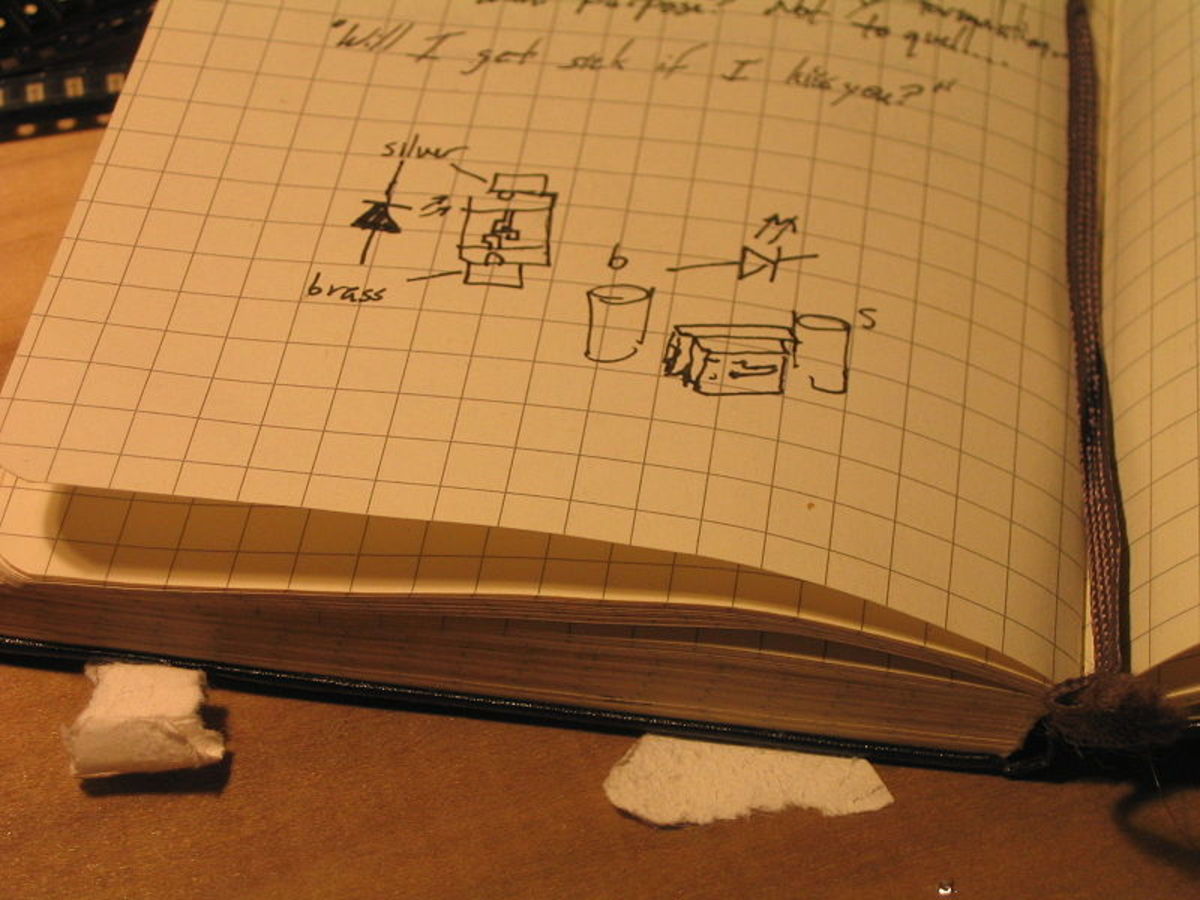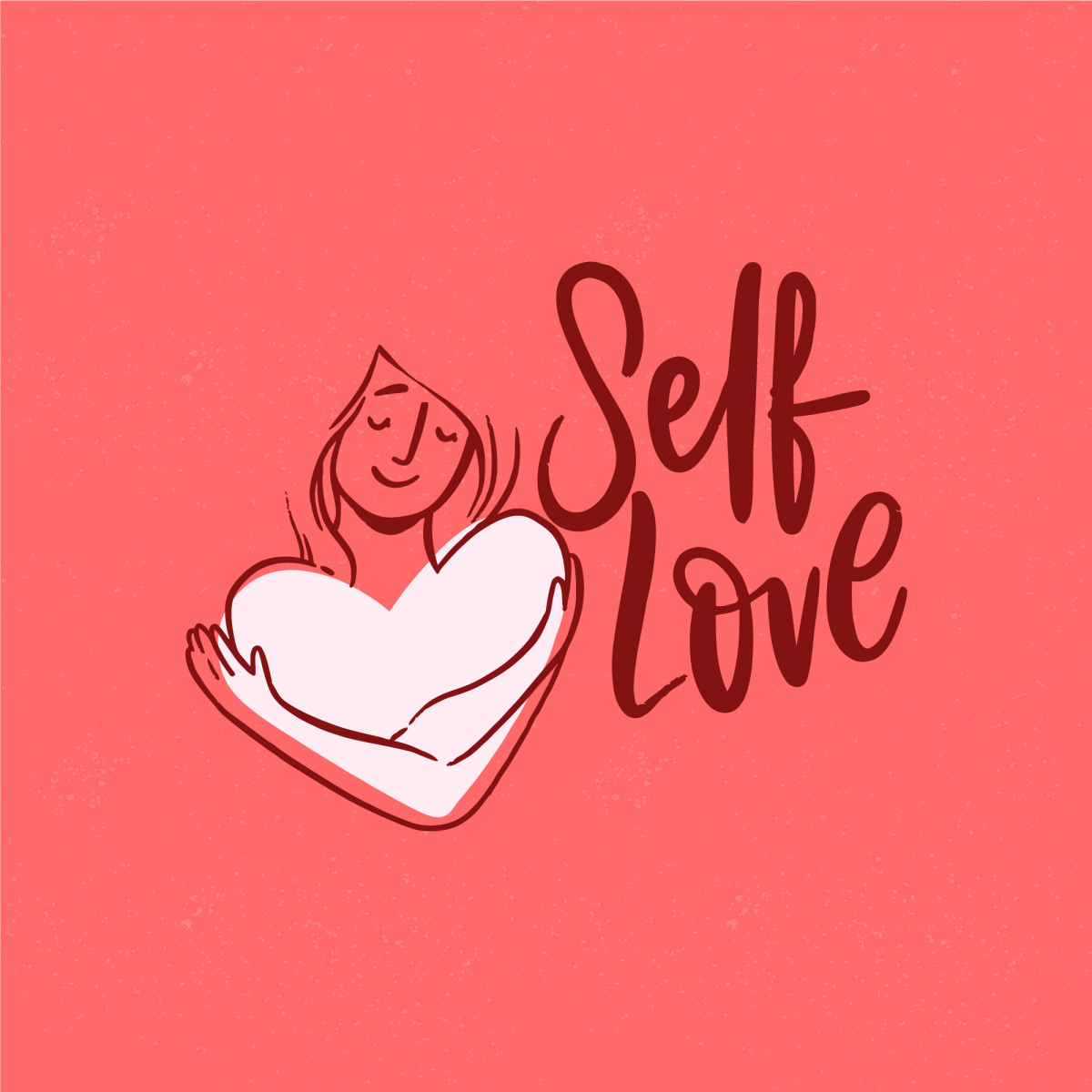4 Building Blocks of a Lasting Relationship

That two of you is in love is a good foundation for starting a relationship, however, it doesn’t guarantee it will be “a happily ever after,’ all the way. For its sustenance you have to build on it blocks after blocks until it becomes whole and solid. Things won’t get easier or rosier when the chips are down, they might get tough, and it is the grace of your love that will see you through the rough waters.
According to Dr. Chesser, “the winning of love is but the first stage of a long adventure, its maintenance calls for more though and skill than its gaining”.
People go into relationship with the notion that it’s going to be fun and smooth sailing all the way because we’re in love, but they will soon wake up to the reality that the easiest part of a relationship is the falling in love stage, after which the journey becomes tough.
Love is a rough and tumble adventure and building a good relationship involves gimmicks, game-play, advance and retreat, lots of give and take and a sense of maturity to build it into a solid and lasting affair. In all facets of building a relationship, there are four attributes that form the pillars that hold it up, they are the things that consolidate love and give the partners the boost to forge ahead and become an item.
1. HONESTY:
Telling the truth, the whole truth and nothing but the truth in all situations; tough and inconceivable you might say. Nobody tells the whole truth in a relationship, but it’s necessary if you want to build a good and healthy relationship. Love is nothing without truth and truth is the expression of love.
Most often, it’s not really that the person is dishonest or lying out-rightly, but small ‘lies of omission, white lies, half-truth,’ we tell our partners deliberately, because we want to shield ourselves or our partners from what we might see as unpleasant situations. Or we’re afraid to reveal the whole truth in order not to scare the person away so we hold back a little. We do it with the assumption that what someone doesn’t know doesn’t hurt, but when the person get to know it hurts and hurts really deeply.
Honesty demands nothing but truth, when you withhold the truth then you are limiting your partner from knowing all about you. Honesty is letting your partner see you, the whole of you the way you are, not just the part of you, you want he/she to see. When your partner sees and knows everything about you, it gives the person the choice of deciding from the onset if you’re who he/she wants.
People always feel it’s better to lie to someone than to hurt their feelings, yes, truth hurts sometimes but never the way lie does when it becomes evident. Lying puts wedge between you and your partner, making it impossible to build a good and lasting relationship. Withholding truth limits the ability to love completely, as well as hinders intimacy.
Most often, it is fear, fear of one’s partner’s reaction to the whole truth that proved a stumbling block to complete honesty. However, remember honesty inspires trust, when you’re honest about everything; it makes your partner believe and trust in you always.
2. TRUST:
Without honesty there won’t be trust. Honesty and trust are the core values of every loving and lasting relationships, everything else revolves around them. Trust is your ability to believe in your partner, believe in what or who he/she is.
Trust is a long time process, people don’t just trust wholly without justification or proof. Trust is earned over time in a relationship and until that is done; you only have your gut instinct and sense of perception to relay on. Though, you have to trust from the onset and give your partner the benefit of doubt until proven otherwise.
When your partner sees your words aligning with your actions trust naturally follow. Telling the truth from the beginning enhance trust in your relationship. When you suppress truth, it means you did not trust your partner and your relationship enough to share with him/her your deepest thoughts and your darkest secrets. If you cannot unburden yourself onto the shoulder of your beloved, where is your trust?
Most often, we are guarded especially when it comes to matters we regard as too personal to reveal because we’re afraid that our partner might be judgmental.
But before you can trust another person, you first have to trust yourself; everything starts from you and in you. Self-trust is having faith in yourself, believing in who you are with no fear of doubt or rejection. Self-trust is the highest form of acceptance of you. You have to be true to yourself before you’re confident enough to extend it to others. We cannot expect more from others than we’re capable of giving out ourselves.
Trust is the glue that holds a relationship together. Love must have brought two of you together but it is trust that will keep you going and enable the union deal with superficialities. It takes two to build trust in a relationship.
Trust in a relationship is undermined by insincerity and dishonesty. If you don’t mean it don’t say it and if you can’t fulfill it don’t promise it. To build trust you have to follow through with your words in order to be trustworthy. It is not possible to have a good relationship when trust is lacking.
Loyalty, sincerity and reliability are all components of trust. In a relationship trust builds emotional connections that sustains intimacy, it also creates the correct atmosphere for personal growth of the individuals.
3. UNDERSTANDING:
Understanding in a relationship is a slow and steady process that takes time and patience to achieve. To build a strong healthy and lasting relationship, the partners must understand each other thoroughly.
Understanding springs from knowledge and knowledge comes as a result of sharing and learning. Sharing means spending time together; sharing secrets, thoughts, feelings and emotions with each other, it also means being open on all aspects of the relationship with no game play or gimmicks.
Learning involves paying attention to know your partner’s needs, wants, feelings and aspirations. When you listen to understand you do so with your ears, your heart and eyes also, because observation is part of learning too. Attentiveness is the key to a learning process.
You have to recognize the fact that every human being is a complex creature, whose actions and behaviors spring from a matrix of components like beliefs, education, social background, environment, experiences and even emotional baggage from past encounters, all these went into molding the person and making them what they are.
These foundation elements are what make one person different from another, it is what makes his point of view different from yours, and it’s what makes her to hold a different perception of values from yours. It is only when you understand these that you’re able to understand and appreciate the differences two of you brought into the relationship.
It is only when you know the core, the essence and background of your partner that you’re able to understand his/her actions and feelings. It is only when you’re able to tolerate your partner’s eccentrics and quirks that understanding develops and strengthens the relationship.
4. COMMUNICATION:
Communication is the most vital aspect of a relationship, it coordinates the others and it’s the thread that runs through all other aspect of building a good, strong and lasting relationship. It is through communication that honesty, truth and trust are conveyed and shared; it is through communication that understanding is achieved.
Communication is a door that can be open or close from either side. It is vital for someone to be willing to receive before another will be eager to give out; it is a two way activity that involves give and take.
Communication is the ability to open up your life and yourself to another. Being open means talking about things you may not have the nerve to share with someone else. It also means opening yourself up to explore the full potentials of your relationship by discussing the relevant and irrelevant aspect of the union, the good and not so good of your life, past, present and future. It’s been able to talk about your real needs, desires fears and aspirations with your partner.
Communication is also the way we share information verbally and non-verbally. In a non-verbal communication you have to listen and observe the body language of your partner to understand what he/she is not saying out. Paying attention to body language helps you understand what your partner is trying to convey without words. For better and effectively communication, pay attention to non-verbal signals like eye contact, tone of voice and hand movement etc. Real listening is crucial to good communication; paying genuine attention and showing sincere interest encourages your partner to talk more openly and honestly.
when we communicate non-verbally, we say a lot without using words, often it is the non-verbal communication that is heard and believe, for instance, the expression on your face, your tone of voice, your body posture, the movement of your eyes all indicate when your feelings doesn’t fit in with your words and people easily pick up these body languages faster.
Good communication in a relationship isn’t only about what we say but how we say it, that’s what makes the difference. The success of your relationship hinges on good and honest communication; it is the bedrock of your connection with each other. Communication can make or break a relationship and poor or lack of communication creates distance, when people stop communicating well they stop relating well.
When you don’t communicate, when you don’t open up to your partner, he/she will not know when you’re hurt or depressed. When there is a problem, giving your partner the silent treatment will not fix it but telling the person well. As long as you’re communicating, you can work through whatever conflict you’re facing in the relationship.
A good relationship is built on give and take and compromise, but then there must be a reasonable exchange by each partner. Talk to and with each other; no matter how well you know and love a person, you cannot read his/her mind. So communication is a vital ingredients towards building a successful relationship, it allows you share interests, aspirations and fears. It helps you understand and support each other and organised your live to make important decisions that will strengthen your union.
Good communication also means the ability to put your feelings into words by sharing them with your partner, sharing positive feelings about your partner, telling them how good they look, and expressing appreciation for a good deed, having real and honest conversation on personal issues.
Good communication is also about sharing negative feelings with your partner, show you anger when you’re angry, be bold to let your partner know when you’re hurt or hurting, especially if the person is the cause of it. Yes, we need to communicate clearly so as to avoid misunderstanding that might likely cause hurt, anger or conflict. Open and clear communication makes your relationship lasting longer, with less stress physically and emotionally.








